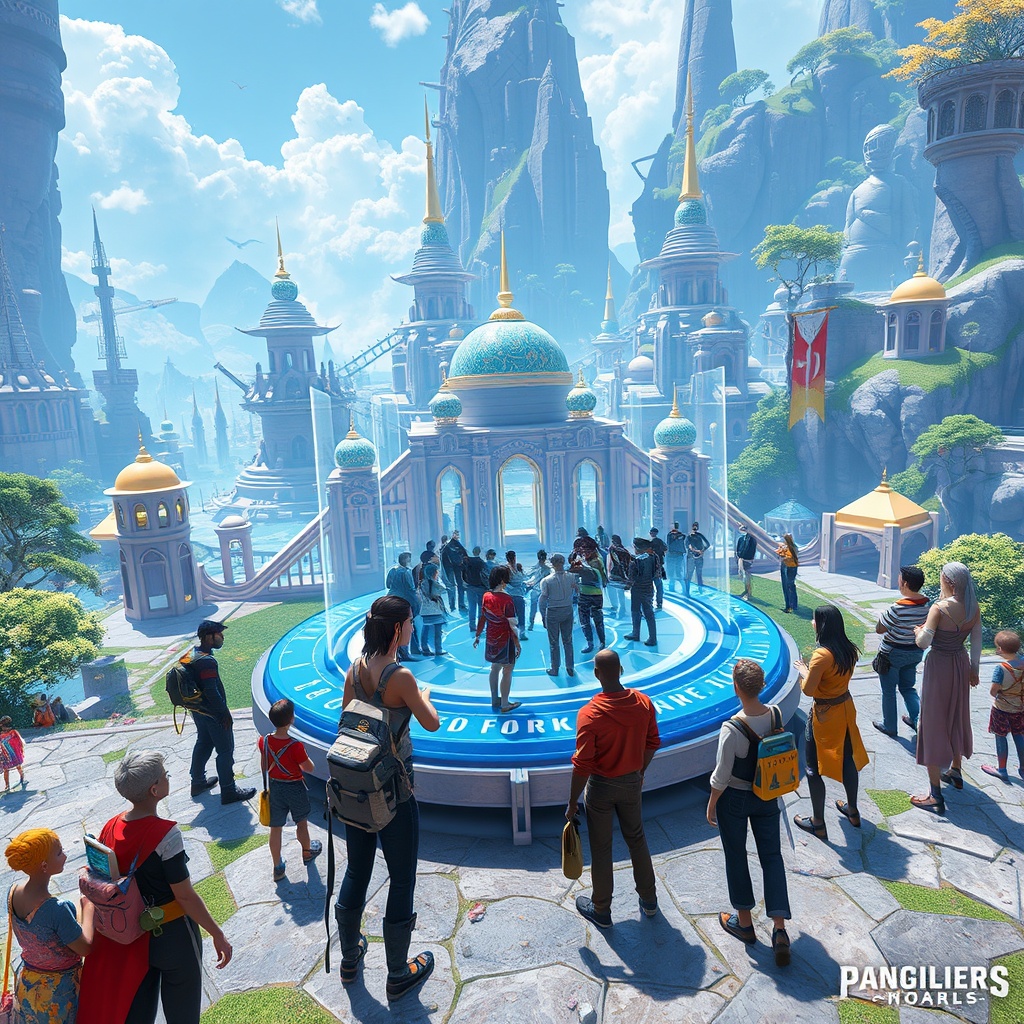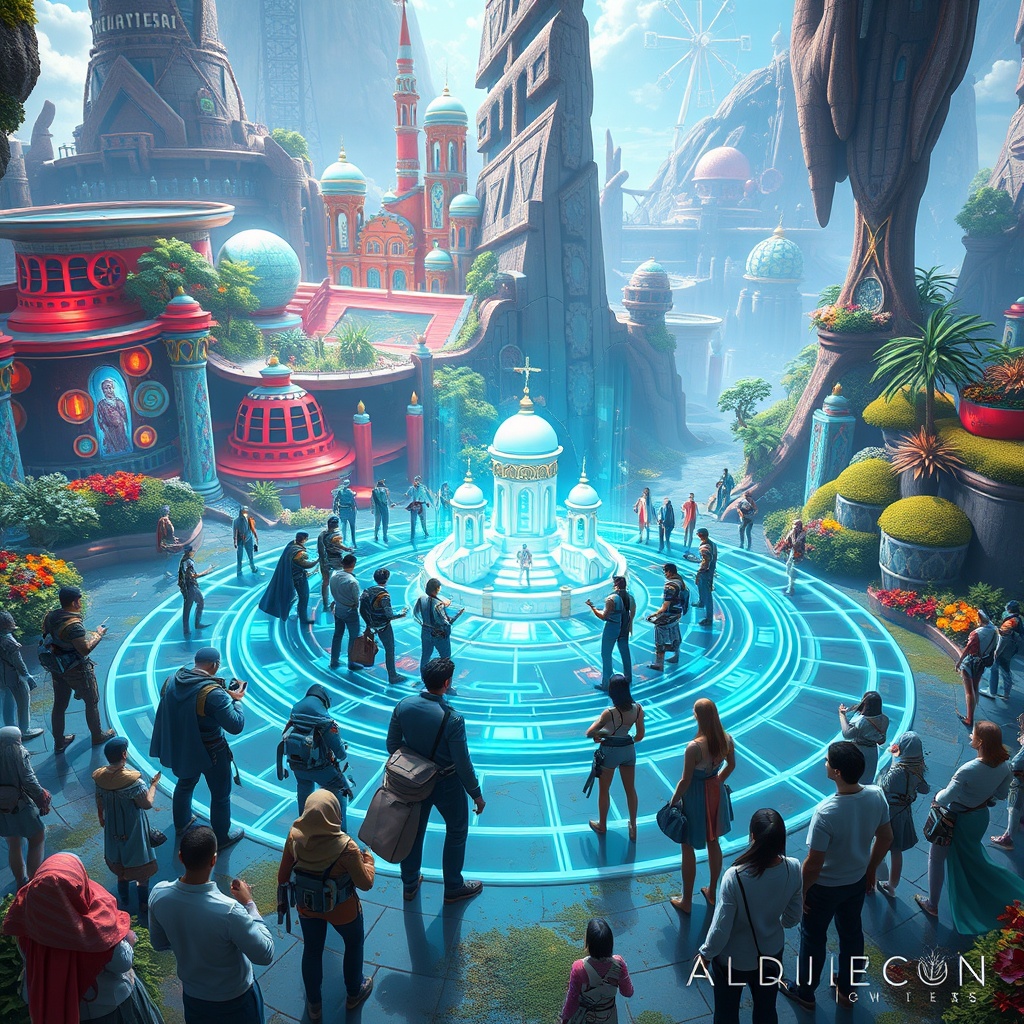As the gaming landscape continues to evolve, traditional centralized governance models in Massively Multiplayer Online Games (MMOs) are increasingly being challenged. Players are no longer passive participants; they seek active roles in decision-making processes that affect their gaming experiences. This shift has led to the exploration of decentralized governance systems, which promise greater player autonomy and engagement.

Decentralization in MMOs allows for a more democratic approach where players can influence the direction of the game. Through blockchain technology and smart contracts, communities can establish transparent voting systems, enabling players to have a say in critical decisions such as game updates, economic changes, and community rules.

The implementation of decentralized governance in MMOs introduces several advantages that cater to the desires of modern gamers. These benefits not only enhance player satisfaction but also contribute to the sustainability of the gaming ecosystem.
- Enhanced Player Empowerment: Players have a direct impact on the game environment, fostering a sense of ownership.
- Transparency and Trust: Decentralized systems reduce the risk of manipulation by game developers, as decisions are made collectively.
- Community Building: Players collaborate to shape the game, which strengthens community ties and enhances the overall experience.
- Dynamic Adaptation: Games can evolve more rapidly through community feedback and collective decision-making.
While the advantages of decentralized governance are compelling, there are also significant challenges that developers and players must navigate. Understanding these hurdles is essential for the successful implementation of such systems in MMOs.
Among the most pressing challenges are issues related to security, scalability, and governance structure. For instance, ensuring that the voting mechanisms are secure against manipulation or fraud requires robust technological solutions. Additionally, as player bases grow, maintaining a system that scales effectively while still allowing for meaningful participation becomes increasingly complex.
Moreover, the governance structure must be thoughtfully designed to balance the interests of diverse player communities, preventing dominance by any single group. This requires ongoing dialogue among developers, players, and stakeholders to create a fair and equitable governance model.





